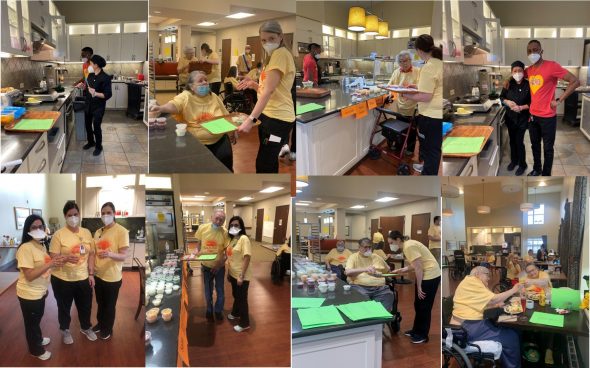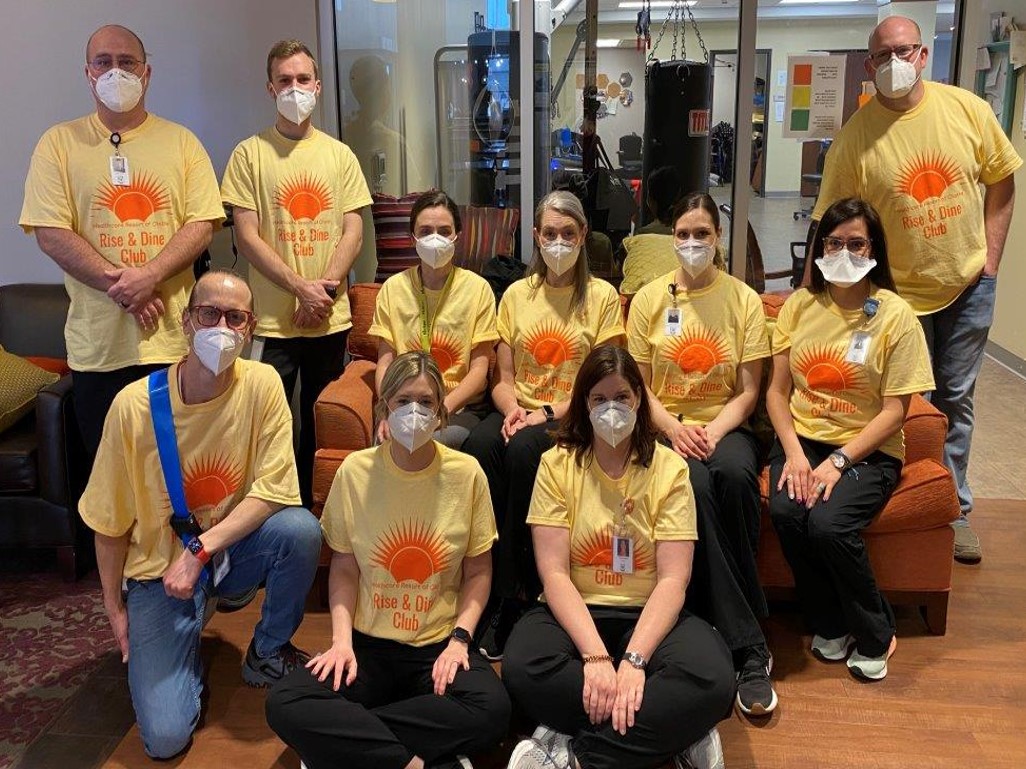Our long-term care population is now fully vaccinated, and it seems as if we are entering, dare I say it, a post-pandemic environment. We made it, but now what?
During the pandemic, we have seen our residents’ version of normalcy altered. Those who used to spend most of their day in the dining room, in activities or the therapy gym, and visiting with their friends and family now are found sleeping in more, not eating as much or as healthy as before, and no longer have the desire to engage in social activities. When they do feel like getting out of their room, seeing them use a wheelchair is more common. Some of them are COVID-recovered and have never fully bounced back after fighting the virus.
Our therapists opened their minds to different therapy approaches and gained the skills that it takes to truly dignify the lives of long-term care residents. We knew these effects of illness and quarantine isolation would take a toll on our vulnerable population, and we did everything we could to combat them in real time with preventative therapeutic approaches. In a pre-COVID world, our building was predominantly a rehab-to-home facility, and it was uncomfortable at times for our therapists to develop long-term care treatment plans. The pandemic highlighted the necessity for our services, and now it is hard to imagine not being this involved with them.
Our Speech Therapists, with multidisciplinary collaboration, hosted a new program this month called “Rise and Dine.” This program began as a nutrition and hydration-based club that requires participants to get out of bed and engage cognitive and communication skills in choosing meal preferences for the event. “We are all very passionate about our residents’ quality of lives and saw this as an opportunity to meet our residents’ nutritional and social needs. The excitement and feedback of our residents really fueled the idea and brought our entire dietary and therapy staff together to make this such a successful event!” — Breean Ludwig, HCRO Speech Therapist

As excitement grew, we realized this program could address almost all the abilities we have seen deteriorate. We ordered T-shirts to encourage dressing and hygiene before the event, and all our therapists came in to facilitate transfers, self-care routines, and mobility to and from the dining room. We also were able to treat goals related to self-feeding, dynamic standing, and sitting tolerance and positioning.
“We saw such a negative impact after so many in-room isolations during the COVID pandemic. Our Residents were discouraged, losing weight, not socializing, showed physical and cognitive changes, and did not want to come out of their rooms. We wanted to do something to bring excitement back into their lives while still being able to target our goals in therapy. This program offers an opportunity for all disciplines (PT/OT/ST) to participate.” — Ke’ren Grimaldo, HCRO Speech Therapist.
Although we are striving to return our residents back to “normal,” I am proud to say our Therapy team has established a new norm as well, and we are not looking back. Just as preventative interventions were important during the pandemic, how we move forward now is just as crucial. 85% of our long-term care residents got out of their rooms to participate in this program. We owe a big thank-you to our dietary manager and her team for being as excited for this program as we were. Our team has a seasonal themed event planned for the rest of the year, and we can hardly wait!
Remember, every county and state Department of Health has specific guidelines for re-opening, so always consult with your DNS with your “back to normal” plan.
Submitted by Elizabeth Munford, PTA/TPM, The Healthcare Resort of Olathe, KS

